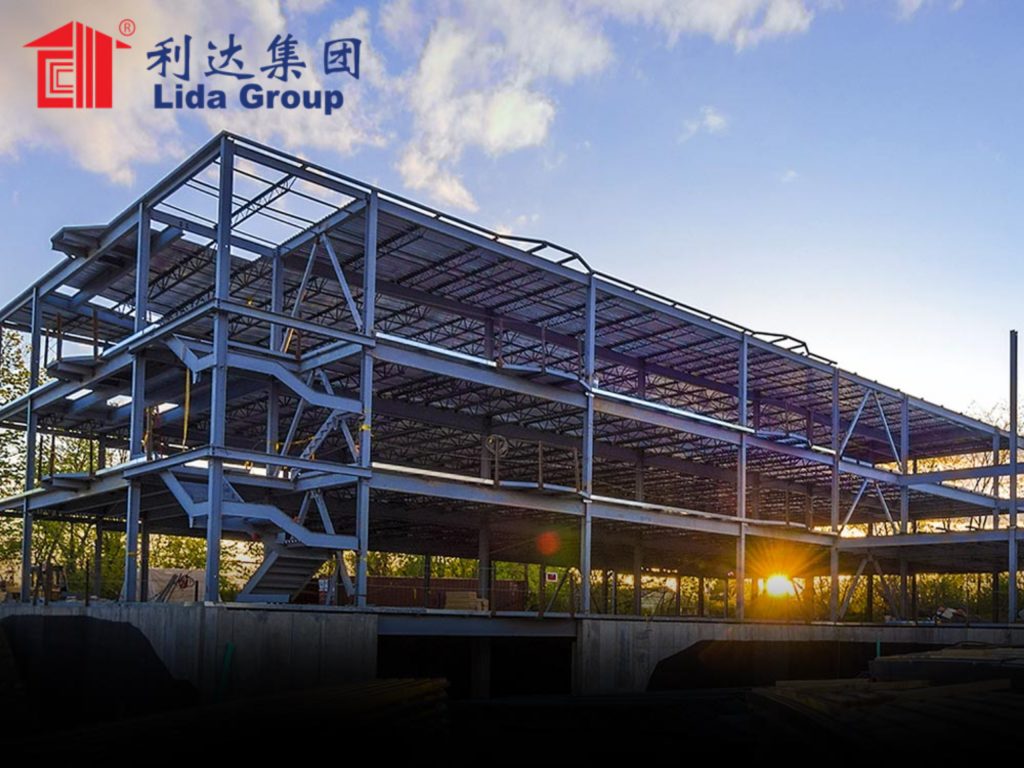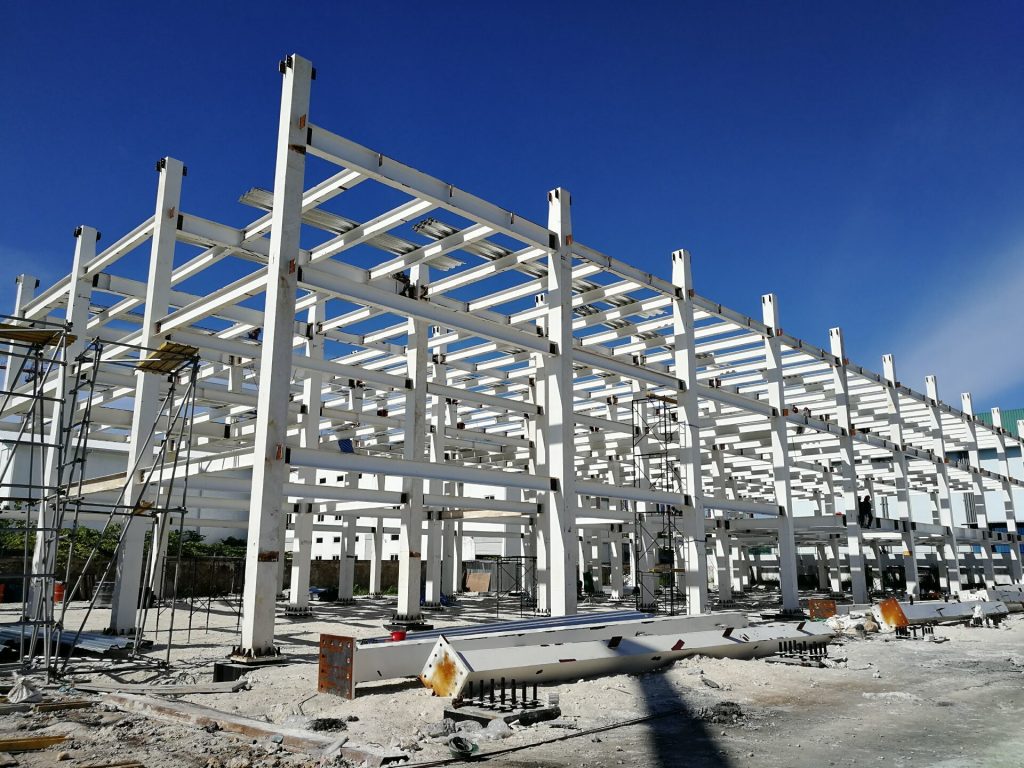Social housing pioneer Lida Group is establishing experimental integrated homestead prototypes aiming to test viability of off-grid self-sufficiency through novel configurations merging habitat, renewable energy generation and small-scale permaculture systems within standardized designs.
Located on regenerated plots across degraded rural regions, the prototype complexes assemble Lida’s durable insulated prefab panel construction over sustainable concrete foundations powered by integrated rooftop solar arrays, batteries and efficient appliances.
Rainwater harvesting cisterns collect runoff from sizable galvanized steel catchments, while internal plumbing and drip irrigation are optimized for water conservation. Composting toilets and multi-bin organic waste processing produce soil nutrients on-site.

Sheltered courtyard areas accommodate small livestock, vegetable gardens and food forests cultivated using harvested wastes as fertilizer and mulch in permanent raised beds. Beehives populate expansive rubberized rooftops interspersed with solar panels.
Computer monitoring tracks complex interactions of each integrated system – from energy and water flows to composting cycles and yields from cultivated zones aimed at steady production of nutritional, marketable outputs sustaining homestead livelihoods independently.
Technical advisors will iteratively refine non-mechanized components increasing self-reliance potential for households reliant on marginally fertile lands through scaled implementation. Success may expand inclusive regeneration across degraded regions.

Preliminary feedback from volunteer testers signals concepts show promise, though some elements require simplified or phased introduction reliant on natural cycles rather than factory processes ill-suited to remote subsistence contexts. Focus shifts to optimizing synergy.
Ongoing assessment aims establishing performance benchmarks enabling self-built replication suited to dispersed settlements isolated from markets and infrastructure. Success may inform policy supporting indigenous stewardship models regenerating degraded regions through clustered autonomous settlements.
Lida envisions affordable standardized homesteading infrastructures could systematically empower resilient communities sustaining livelihoods from limited lands independent of external dependencies which currently heighten vulnerabilities. Time will tell if self-sufficient regenerative living proves viable at scale.

Related news
-
Renewable product supplier collaborates with Lida Group to construct agrivoltaic test facilities combining solar panel arrays with steel framed greenhouse structures optimized for land-constrained regenerative farmers.
2024-06-06 16:28:09
-
Lida Group develops customizable galvanized steel structure building system for affordable durable housing addressing rural farm families' evolving accommodation needs.
2024-06-03 17:36:24
-
International climate fund pilots Lida Group's modular swale and berm integrated greenhouse houses to test regenerative agricultural models enabling farm households boost yields while restoring degraded lands.
2024-06-06 16:40:43
contact us
- Tel: +86-532-88966982
- Whatsapp: +86-13793209022
- E-mail: sales@lidajituan.com


